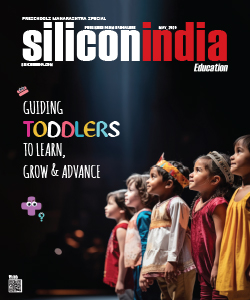Ban On "India's Daughter": Don't Shoot The Messenger
India's ban on a BBC documentary on the gang rape of an Indian woman has drowned out the real issues in a chorus of righteous protests over the "wrongs" done by foreign media - the plight of women in India.
Without even watching the documentary "India's Daughter" about the Dec 16, 2012, rape of the woman who has come to be known as 'Nirbhaya' or 'Braveheart' in a bus in New Delhi, critics have accused BBC of "voyeurism" and worse for interviewing one of the convicted rapists.
Those who have watched the movie would agree that it does not give a platform to the rapist, but effectively brings out how some in the male dominated Indian society view women as reflected in the rapist's "callousness and lack of remorse" as also two defence lawyers' rant on how "decent" women should behave.
After banning the documentary in a knee jerk reaction - and in the process unwittingly ensuring a much wider viewership - the government has chosen to focus on questions like who gave BBC permission to interview the convict in India's Tihar jail. Or was he interviewed when he was still an undertrial. And now the action it's contemplating against BBC for airing the banned film.
One Indian woman parliamentarian is reported to have expressed concern over how the documentary would affect India's image abroad and hurt tourism. Though at least one Indian journalist did wonder why the Indian media did not do the story itself with all the material right there.
Other critics have asked the BBC to first put its own house in order and interview its own child rapists - a reference to the child sex abuse scandal that rocked the corporation a couple of years ago. Since then "a total of 152 recent and historic allegations of sexual abuse against 81 BBC employees and freelancers" have been reported.
Read More: Ahead Of Women's Day, Subway Opens All-Women Operated Outlet
ISRO Studying Easy Path To Navigation Satellite's Problem Transmitter


.jpg)
